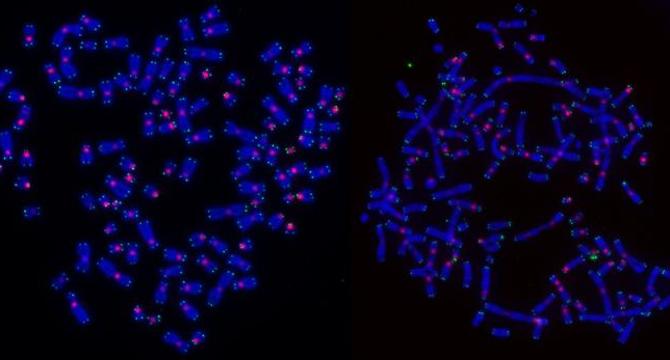Bioengineer
2w
291

Image Credit: Bioengineer
Unraveling the Mystery: The Mechanism Behind Tumor Cell Death Post-Radiotherapy
- Researchers from Children’s Medical Research Institute have discovered how DNA repair mechanisms influence tumorous cells post-radiotherapy. The study found that when DNA is excessively damaged due to radiation, cellular repair mechanisms become key to determining cellular death outcomes. It was found that cancer cells dying via mitosis do so silently unnoticed by the immune system, but those employing alternative repair mechanisms release products that can attract the attention of the immune system, making them more recognisable and subsequently obliterated. The findings suggest that alternative DNA repair pathways could enhance tumour visibility to the immune system, potentially creating greater scope for immunotherapy.
- The study also found that blockading the homologous recombination DNA pathway could reshape how cancer cells meet their demise and that radiation therapy may develop in a direction that manipulates the tumor's death pathways to stimulate a proactive immune response. The researchers noted that personalized medicine could also be better tailored to individual tumor profiles based on the specific DNA repair pathways they engage in. The hope is that the findings will lead to more comprehensive approaches to cancer treatments, with a higher rate of success in curing patients.
- The research was conducted using sophisticated live-cell imaging technology. The methodology exposed the nuanced biological responses elicited by radiation exposure, benefiting the research by ensuring a more profound and more comprehensive study. The findings highlight the need for combinatorial treatments, highlighting the transformative moment that traditional concepts of cancer therapy might be redesigned by new understandings of cellular behaviour and immune engagement.
- The research team will prepare their findings for final publication in Nature Cell Biology. The study could be a critical point in the fight against cancer, as the findings raise the potential for innovative therapeutic methods that could assist with reshaping cancer treatment paradigms. By capitalising on cellular feedback mechanisms that inform the immune system of the cancer's presence, researchers may be able to increase cure rates and create a more comprehensive approach to cancer treatment.
- The research was led by Dr. Radoslaw Szmyd and professor Tony Cesare. The study is the result of six years of multiple contributions from a variety of leaders in the research field, as the research team continues to explore innovative new pathways for cancer cure.
Read Full Article
17 Likes
For uninterrupted reading, download the app